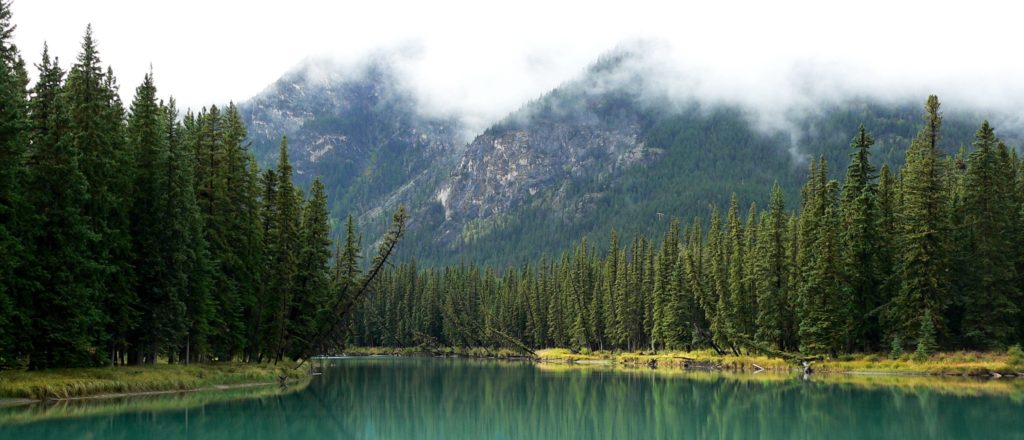Around the world, threats against those who speak out to defend their environment and human rights are growing. In 2018, 321 human rights defenders were killed — a rate of six people every week. Environmental and human rights activists are also criminalized and face trumped-up criminal charges, defamation, and arbitrary detentions. And corporations are diversifying their tactics in an attempt to silence those who stand up against them — from outrageous, unsubstantiated lawsuits to unjustified subpoenas, including CIEL’s own president and CEO, who was subpoenaed by Exxon in 2016.
But this week, the court sided with activists and not the corporation trying to bully them. Once again, the district court in California dropped most of the charges in Resolute Forest Products’s case against Greenpeace, Stand.earth, and five individuals. In May 2016, Resolute filed a CAD$300-million lawsuit against Greenpeace and associates under the Racketeer Influenced and Corrupt Organizations (RICO) Act, claiming that the groups’ advocacy against unsustainable logging practices in the Canadian Boreal Forest amounted to racketeering. Yes, racketeering — a charge typically used against organized criminal operations, like the mafia.
This bogus lawsuit is representative of a growing trend of large corporations trying to suppress civil society through Strategic Lawsuits Against Public Participation (SLAPPs). SLAPPs disguise themselves as legitimate lawsuits, but in reality, they’re an abuse of the justice system, designed to silence criticism and to harass, intimidate, and wear down activists whose only “crime” is shining a light on environmental harms, human rights abuses, and bad corporate practices.
Though the arguments in SLAPPs are largely insubstantial, they can have severe consequences for civil society — putting key civil liberties, like free speech and peaceful protest, at risk. By filing baseless claims against organizations like Greenpeace, wealthy corporations drain civil society’s (and the judicial system’s) time, energy, and resources. And when organizations don’t have the capacity and resources to fight them, such lawsuits can even bury these smaller organizations and force their silence.
The onslaught of retaliatory lawsuits from companies like Exxon and Resolute remains a constant threat to public participation. But these abuses of the legal system are losing ground and will not distract advocacy groups or stop them from exerting their right to speak freely, highlight environmental and human rights abuses, and protest against corporations destroying the environment. A growing awareness of SLAPP suits has spurred over half of US states to adopt anti-SLAPP statutes, and a growing pile of dismissals reinforces the idea that corporations shouldn’t be able to use the judicial system to undermine people’s speech.
And civil society is banding together. In 2018, NGOs, including CIEL, formed Protect the Protest, an anti-SLAPP task force dedicated to exposing corporate bullying and protecting the right to speak out. Because an attack on one is an attack on all.
Fortunately, this week’s ruling showed that the US District Court was able to once again see through Resolute’s lawsuit and the racketeering charges and most of the defamation charges against the environmental activists targeted. It’s one more in a staggering series of losses for SLAPPs. These failed lawsuits show that corporations will not succeed in their attempts to criminalize free speech.
Even so, it’s unlikely that this decision will stop the legal intimidation. In fact, Greenpeace is currently facing another SLAPP from another company. Now, more than ever, civil society must remain vigilant, stand together, and protect the right to protest.
By Sarah Aron, Communications Intern
Originally posted on January 24, 2019

